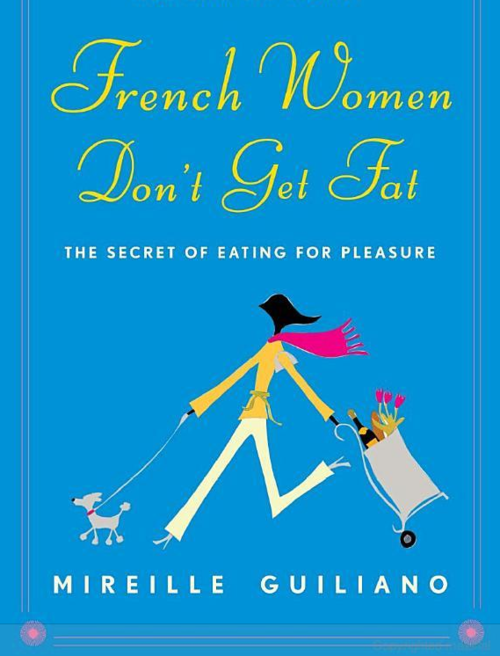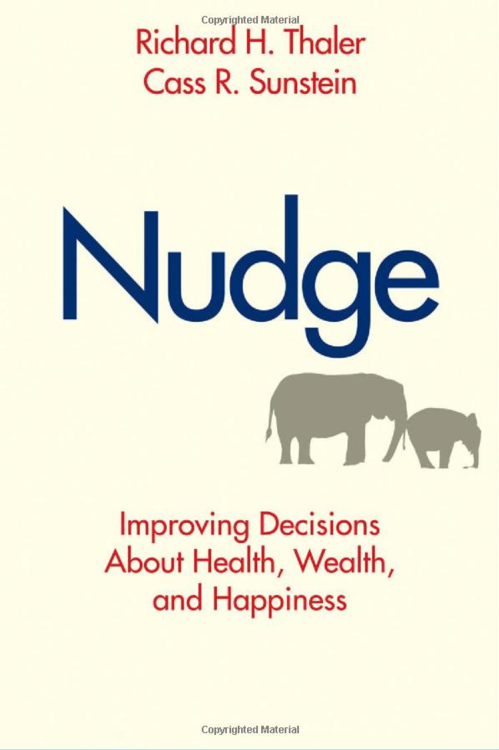Many years ago, I was being driven to the airport and observed something stupid about myself. Then I used science (kind of). I remember this so clearly because it has symbolised other challenges since then.

I had a bag of snacks – Doritos or Chex Mix or something – sitting on my lap. I was eating them and talking with the driver. We were discussing business or something. I noticed I was eating the snacks rather quickly. Even after becoming aware of the speed, I found it hard to hold off on eating one for more than 10 seconds. (I probably ate a handful every ≤5 seconds.) The delicious taste of Chex Mix was in my mouth, making me want more.
As I thought about it, I was able to focus on the taste at least, and appreciate it, but I still found it hard to slow down.
I decided to do a little experiment on myself. I put the bag of Doritos at my feet instead of in between my legs. The next time I reached for the snacks I had a few more deciseconds to stay my hand–and it worked. The amount of time (or was it the effort?) it took to lean my torso forward gave me enough time (or was it inclination?) to think: “Do I really want another one yet?” and answer “No” more of the time. I started snacking more like every 30-60 seconds.
I decided to take the experiment one step further. (This is part of experimental science, right? You notice the beginnings of a trend and then you test more input values to see if the trend extrapolates.) I put the crisps (or squares, or whatever) behind my car seat. So, I needed to twist my torso, crane my neck, and put my arm into a fairly awkward position – costing more than a second and even more effort than leaning forward. That was enough to reduce my snacking to one every 2-5 minutes.
Certainly this is far from gold-standard science. But, I was satisfied with the findings (and until now, I didn’t publish them, so there was no-one else to satisfy.)
Years later Richard Thaler coined the wonderful phrase “libertarian paternalism” – and I thought, it doesn’t just have to be about governance. I can nudge myself as well. (Nudge is co-authored with Cass Sunstein, another hero.)
Here are some other tricks I’ve used to nudge myself into doing what I really want:
- shutting my laptop when I leave it
- putting my laptop in a drawer and closing it
(both these give me more time to think: Is getting out the computer really what I want to do right now? What am I going to do on the computer? When am I going to be done?) - Standing at my desk improves my mood and energy and also makes me spend less time at the computer. (a key challenge is getting a monitor at eye level and a keyboard just below elbow level.)
- Close my eyes if webpages take a long time to load. (why burn them out / hypnotise myself any more?)
- If sitting at a computer with a monitor, I aperiodically stand up, walk away, and face away from the computer. (I face a wall, sitting or standing, or look outside, and think about what I actually need to accomplish on the computer.)
- move email conversations quickly to phone call (in business)
- send “to-read” Amazon previews to Kindle
- I use the “Save for Later” extension for Chrome. (Even if I don’t actually read it later, I can believe that illusion for long enough to kick the tab out of my immediate view.)
- If I open a new tab/window for goofing off when I really shouldn’t, I say the word “No” out loud so I can hear myself. That sometimes helps me close the tab and get back to work, only 2 seconds wasted.
- Whenever I spend a lot of money on myself (electronics or a trip), I donate to charity. (I guess that’s more about habit formation as self-discipline rather than nudging myself into compliance.)
- putting snacks / dessert higher up or behind cupboards
- leaving a nice-looking knife & cutting board out in plain sight
- leave vegetables and beans out in plain sight
- Spend time organising my workspace so that more important things to do (or symbols of things I want to do) are in plain sight.
For example, I might stack “to read” papers out of the way (I’ll find them when I’m bored). But if I decide I need to work out more I might clear my workspace and put my gym card or shorts in plain view. - write to-do lists on paper instead of on the computer
I haven’t developed any really good tricks for avoiding procrastinating on the Internet.
Partly it’s because of blurred boundaries about what’s worth reading and what’s not. Partly it’s because with three keystrokes I can pop open a Twitter window or tumblr or reddit or facebook or … on-and-on … and make my “strategic” decision from there.
Advices? Similar experiences?







